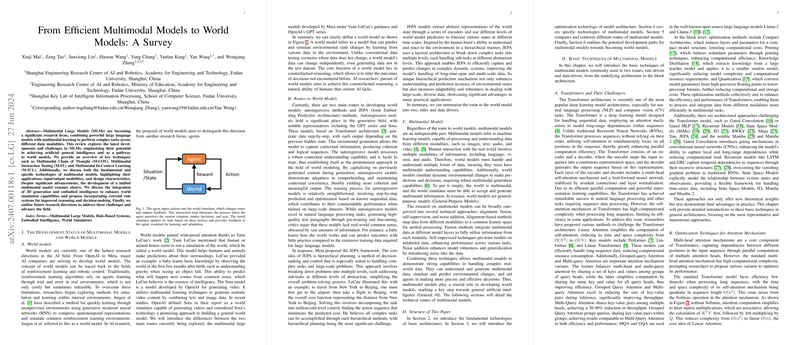Overview of the Paper "How to Use the IEEEtran LaTeX Templates"
Introduction
The paper "How to Use the IEEEtran LaTeX Templates" by the IEEE Publication Technology Department presents comprehensive documentation on the use of the IEEEtran class in LaTeX. This documentation is crucial for authors aiming to prepare their manuscripts for submission to IEEE journals and conferences. The guidelines presented are aligned with version 1.8b of IEEEtran.
Content Summary
The paper covers the following essential topics:
- Description of IEEEtran Class:
- The IEEEtran class supports different document types such as journal articles, conference papers, correspondence, etc.
- It aims to approximate the final look and length of the articles for submission purposes, but not the final print-ready version.
- LaTeX Distributions and Sources:
- Recommends obtaining LaTeX distributions from the TeX User Group, with options available for various operating systems including Windows, macOS, and Linux.
- Template Availability and Selection:
- Instructions on accessing the most up-to-date versions of IEEEtran templates via the IEEE Template Selector.
- Document Class Options:
- Specifies document class options for different types of IEEE publications, such as \texttt{[journal]}, \texttt{[conference]}, and \texttt{[technote]}.
- Creating Common Document Elements:
- Detailed coding examples for paper title, author names and affiliations, running heads, abstracts, index terms, sections and subsections, citations, figures, tables, and lists.
- Emphasizes the importance of consistent formatting and avoidance of math or chemical formulas in titles and abstracts.
- Back Matter Elements:
- Provides guidelines for acknowledgments, bibliographies, and author biographies.
- Detailed instructions on how to format these sections according to IEEE standards.
- Mathematical Typography:
- Discusses the importance of uniformity and clarity in mathematical presentation.
- Cites authoritative sources such as "Mathematics into Type" by the American Mathematical Society and "The LaTeX Companion" by Mittelbach and Goossens.
- Provides examples of good and bad practices in mathematical typesetting.
Practical Implications
The guidance provided in the document has several implications for researchers preparing manuscripts for IEEE publications:
- Standardization: Ensures uniformity in submissions, which aids reviewers and editors in the evaluation process.
- Usability: Simplifies the manuscript preparation process through clear and well-documented templates.
- Conversion Efficiency: Facilitates the conversion of LaTeX files to XML for final production, streamlining the printing and online publication processes.
- Compliance: Helps authors adhere to IEEE’s strict formatting requirements, reducing the risk of submission rejection due to formatting issues.
Theoretical Implications and Future Developments
From a theoretical perspective, the structured approach laid out in the paper provides a solid framework that could be extended or adapted for other academic and technical publications. Future developments may include:
- Enhanced Template Customization: Adding more customization options to handle specific requirements of different IEEE journals or emerging publication formats.
- Automated Tools: Developing automated tools or plugins to assist in the real-time validation of document structure and formatting according to IEEE standards.
- Integration with Collaborative Platforms: Improving compatibility with collaborative platforms like Overleaf to streamline the process of co-authoring and reviewing manuscripts.
Conclusion
The "How to Use the IEEEtran LaTeX Templates" paper is an essential resource for researchers submitting to IEEE journals and conferences. Its detailed instructions and examples ensure that manuscripts are prepared in accordance with IEEE’s formatting standards, thus facilitating a smoother submission and publication process. The document’s implications for practical and theoretical aspects of manuscript preparation indicate its pivotal role in maintaining the high quality of IEEE publications. Future enhancements in template customization, automation, and collaborative integrations could further improve the efficiency and user-friendliness of the manuscript preparation process.
